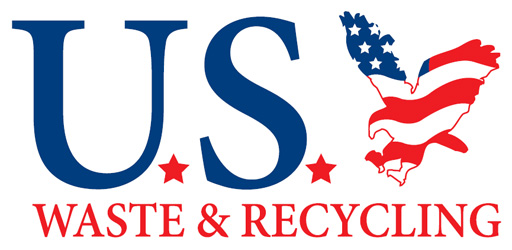Looking Back at the History of Recycling
Like many other aspects of modern society, recycling serving Atlanta has been around in some form for many generations. However, recycling of old differed from today’s processes, and it occurred for different reasons. The industrial boom changed the way we manufacture, sell, and purchase products, which had its own impact on recycling, and environmental consciousness has propelled the green movement in more recent years. Read on if you are interested in looking back at the history of recycling.
Recycling by Necessity
Though it may be difficult to picture now, there was a time when products were primarily made by hand. When this was the case, it made the most sense to reuse what you had because it required less energy than creating a new product; this is still a primary benefit of recycling today. The 1930s and 40s saw economic depression that affected a substantial amount of the population. Many families were not able to afford the goods that they needed, so they were forced to recycle their products in order to survive. During the same time, certain materials were rationed for the war. After World War II, however, the societal landscape had changed.
Industrial Boom and Disposability
The United States enjoyed prosperity and a new way of life after the Second World War, and with it came a sense of disposability. The latter half of the 40s and the entirety of the 50s saw a cheap production of goods, which meant that families were able to afford what they needed. Unfortunately this meant that they cared little for what they did not need, and were inclined to throw their used products in the trash. Fortunately society began to regain their environmental consciousness over the course of the following years.
Environmental Consciousness
The 60s and 70s managed to revive society’s appreciation for the planet and the environment. Since the first Earth Day was celebrated in 1970, the prospect of recycling has gradually picked up traction. It still has a long way to go in terms of total sustainability, but many tons of used products are now recycled regularly.
